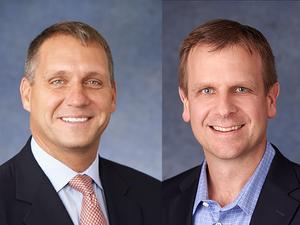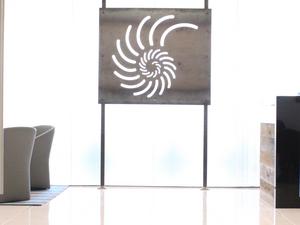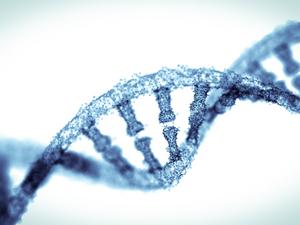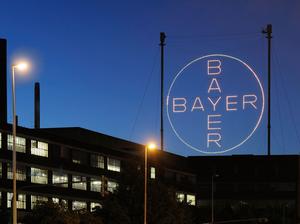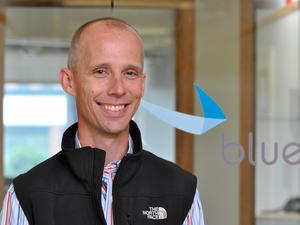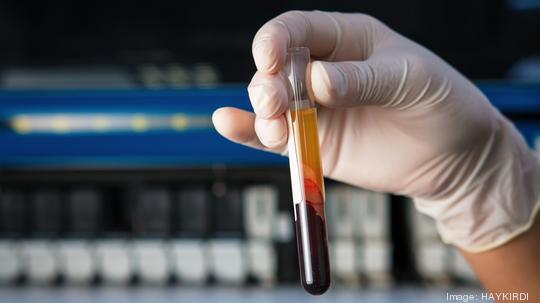
The drug industry has funneled billions of dollars into cell therapies over the last several years. But there may be something new on the horizon, and a new Cambridge startup is angling to be at the forefront.
Be Biopharma launched Thursday with $52 million in financing and a scientific approach developed at Seattle Children’s Research Institute. The Series A round was led by Atlas Venture and RA Capital Management, with the Longwood Fund, Takeda Ventures and others joining in on the action.
The 10-person startup plans to use gene editing tools like CRISPR/Cas9 and homologous recombination — the method by which cells repair breaks in the DNA — to alter the immune system’s B cells, enabling them to produce helpful proteins. The approach could be used to boost the immune system’s response to infectious diseases and combat autoimmune diseases and cancer.
While a Covid-19 drug may be an obvious application right now, Longwood Fund entrepreneur-in-residence and Be Biopharma President Aleks Radovic-Moreno said that isn’t on the menu right now. “We’re too far behind at this stage compared to where the vaccines are,” he said.
Over the last five years, investors have pushed more than $10 billion into the CAR-T field, in which the immune systems T cells are augmented and leveraged against diseases like cancer.
The body's T and B cells bear many similarities, but B cells may have a couple of key benefits, including long lifespan and fewer side effects. The potential for cell therapy side effects were on display earlier this week when CRISPR Therapeutics (Nasdaq: CRSP) disclosed that a patient died during early testing of its CAR-T candidate for lymphoma.
In preclinical tests, Seattle Children’s researchers and Be Biopharma co-founders Richard James and David Rawlings were able to modify B cells in a petri dish, tweaking them so they would produce proteins like factor IX (FIX), which people with hemophilia B lack. The treatment enabled mice immune systems to produce helpful proteins for at least 21 weeks, according to a 2017 paper in the scientific publication Cell.
Cell and gene therapies have been notoriously challenging to manufacture, tripping up companies like Novartis AG (NYSE: NVS). Be Biopharma believes that making its B cell therapies will be relatively easy.
“You can go down the street to your local blood plasma center and get the starting material that you need to get our products,” Radovic-Moreno said. He added that Be Biopharma can benefit from the sizable investment the biopharma industry has made in cell and gene therapy manufacturing over the last couple of years. One of the startup's investors, Takeda Pharmaceutical Co. Ltd. (NYSE: TAK), for example, opened a cell therapy manufacturing facility in Massachusetts last month.
